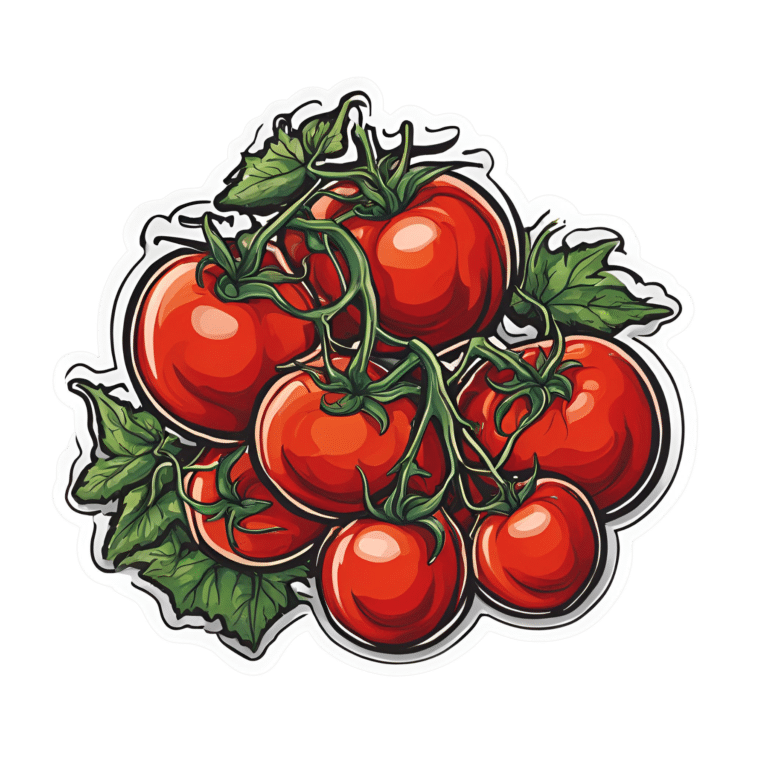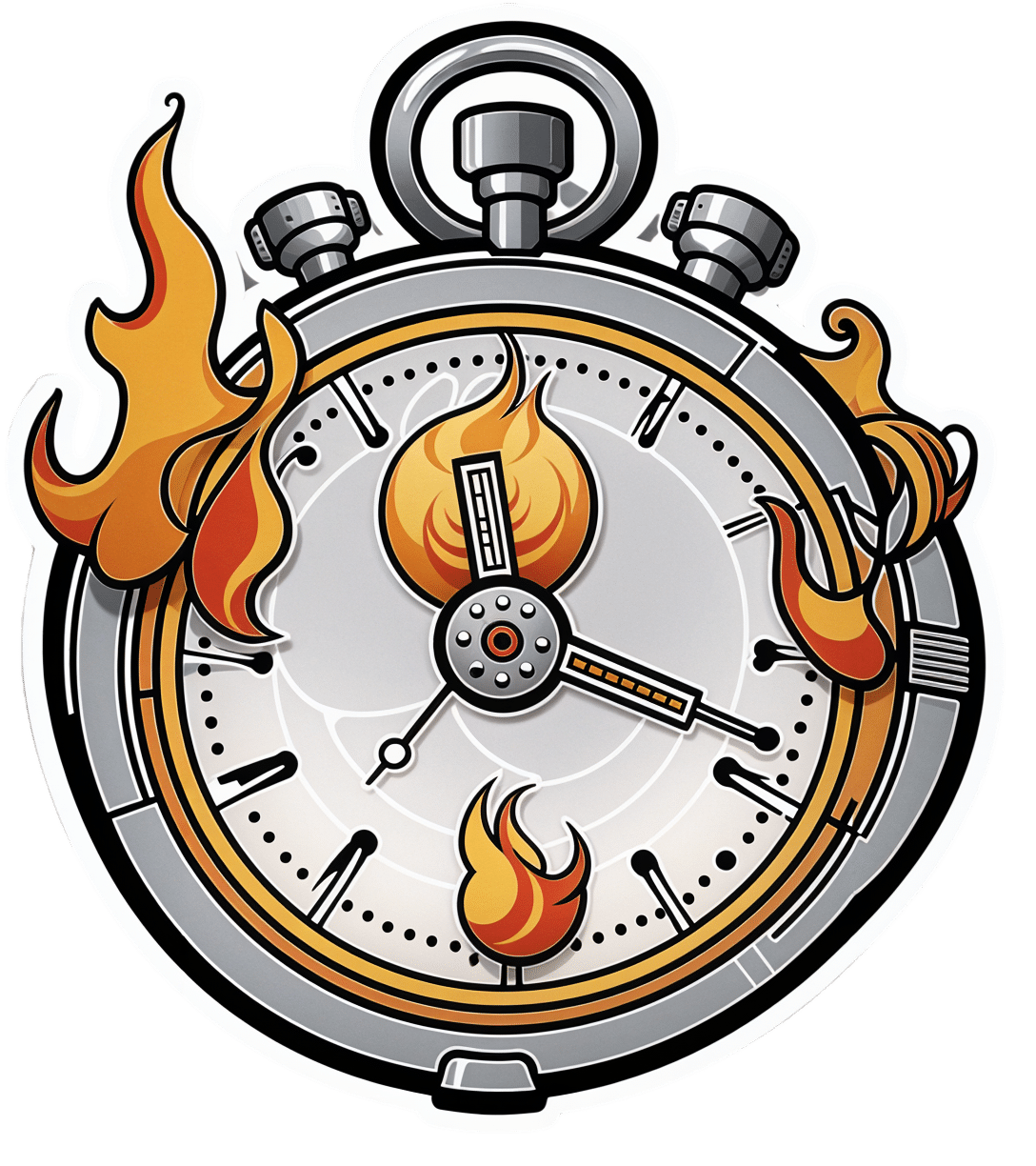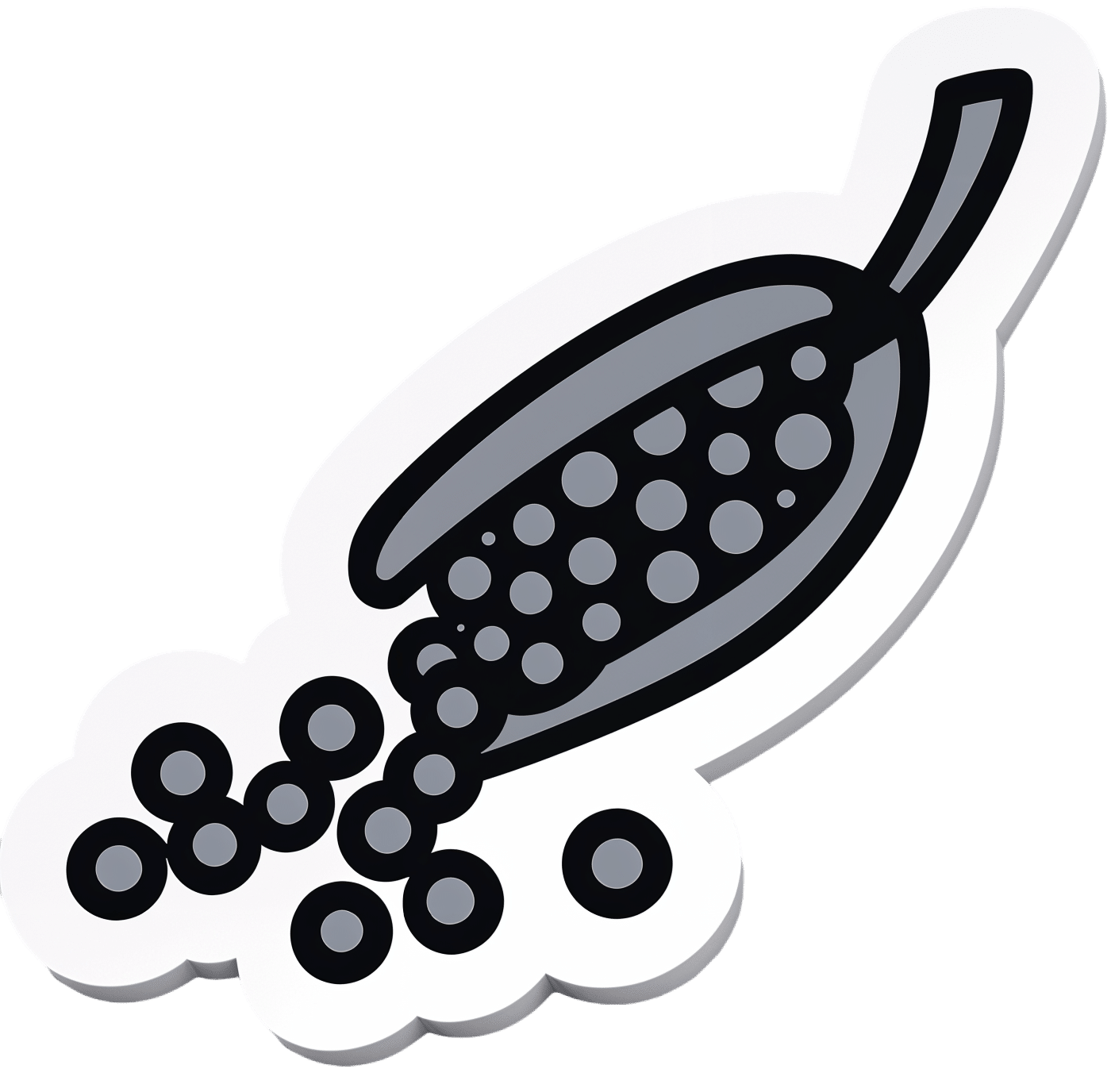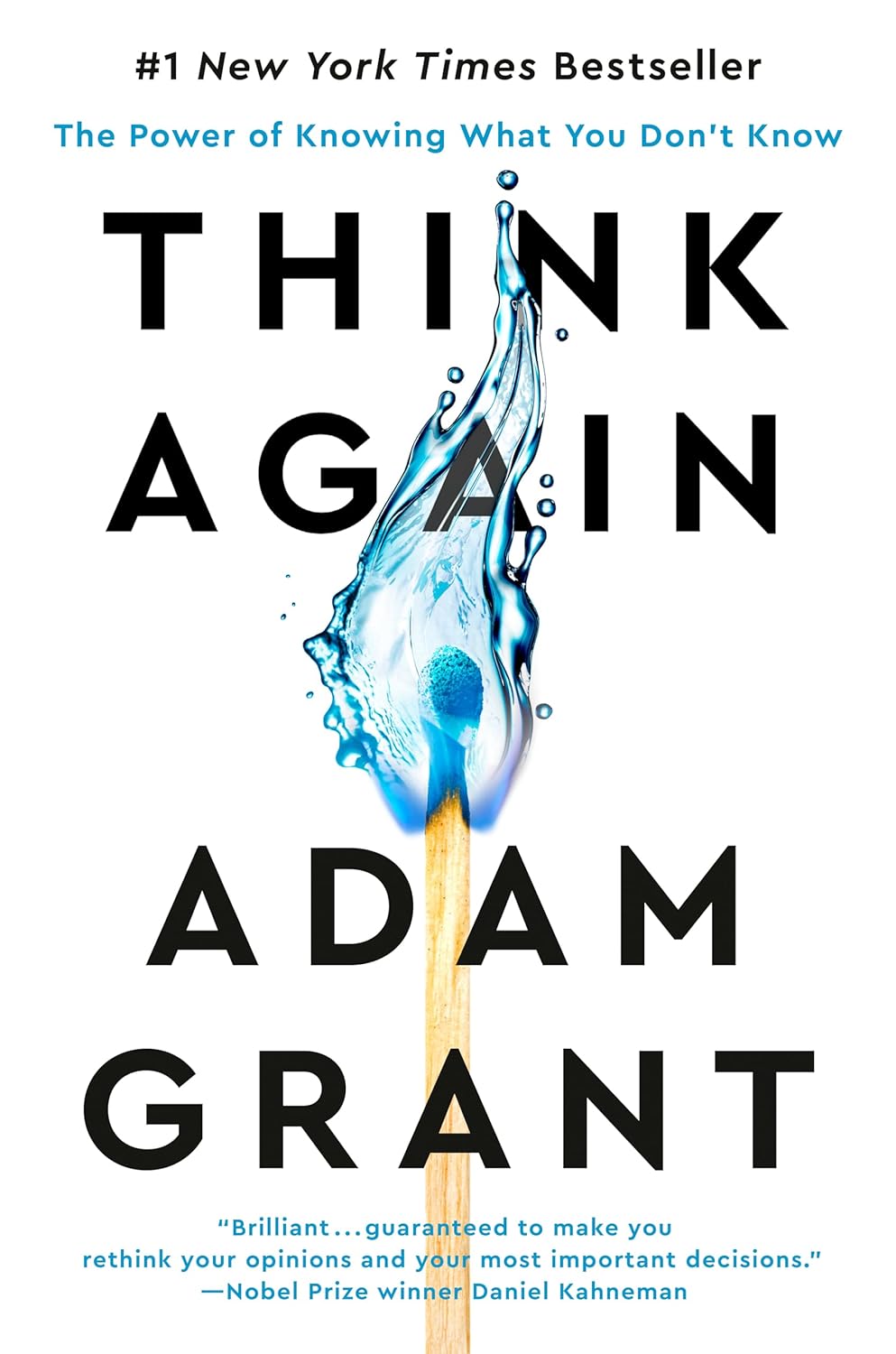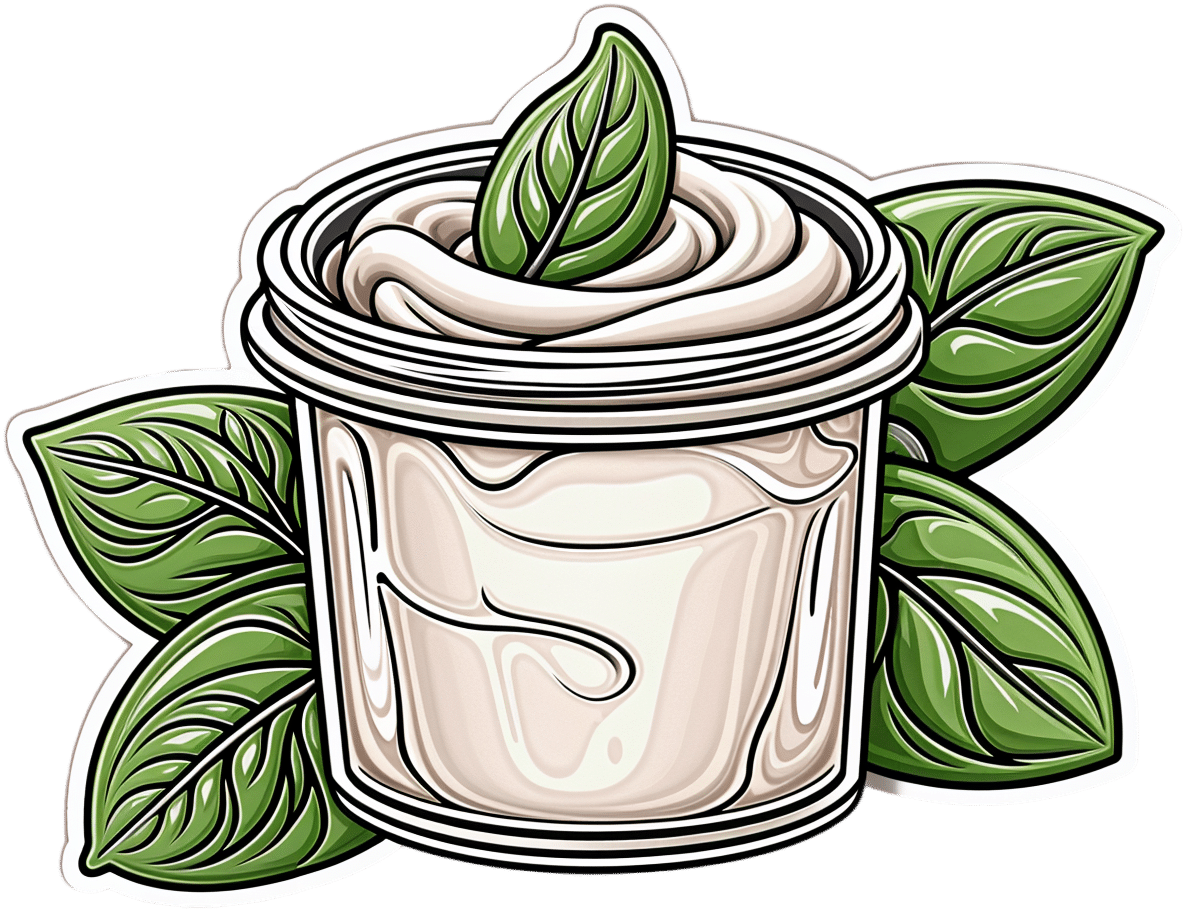
Plant-Based Healthy Cream Cheese
10almonds is reader-supported. We may, at no cost to you, receive a portion of sales if you purchase a product through a link in this article.
Cream cheese is a delicious food, and having a plant-based diet isn’t a reason to miss out. Here we have a protein-forward nuts-based cream cheese that we’re sure you’ll love (unless you’re allergic to nuts, in which case, maybe skip this one).
You will need
- 1½ cups raw cashews, soaked in warm water and then drained
- ½ cup water
- ½ cup coconut cream
- Juice of ½ lemon
- 3 tbsp nutritional yeast
- ½ tsp onion powder
- ½ tsp garlic powder
- ½ tsp black pepper
- ½ tsp cayenne pepper
- ¼ tsp MSG, or ½ tsp low-sodium salt
- Optional: ⅓ cup fresh basil
Method
(we suggest you read everything at least once before doing anything)
1) Blend all of the ingredients until creamy.
2) Optional: leave on the countertop, covered, for 1–2 hours, if you want a more fermented (effectively: cheesy) taste.
3) Refrigerate, ideally overnight, before serving. Serving on bagels is a classic, but you can also enjoy with the Healthy Homemade Flatbreads we made yesterday
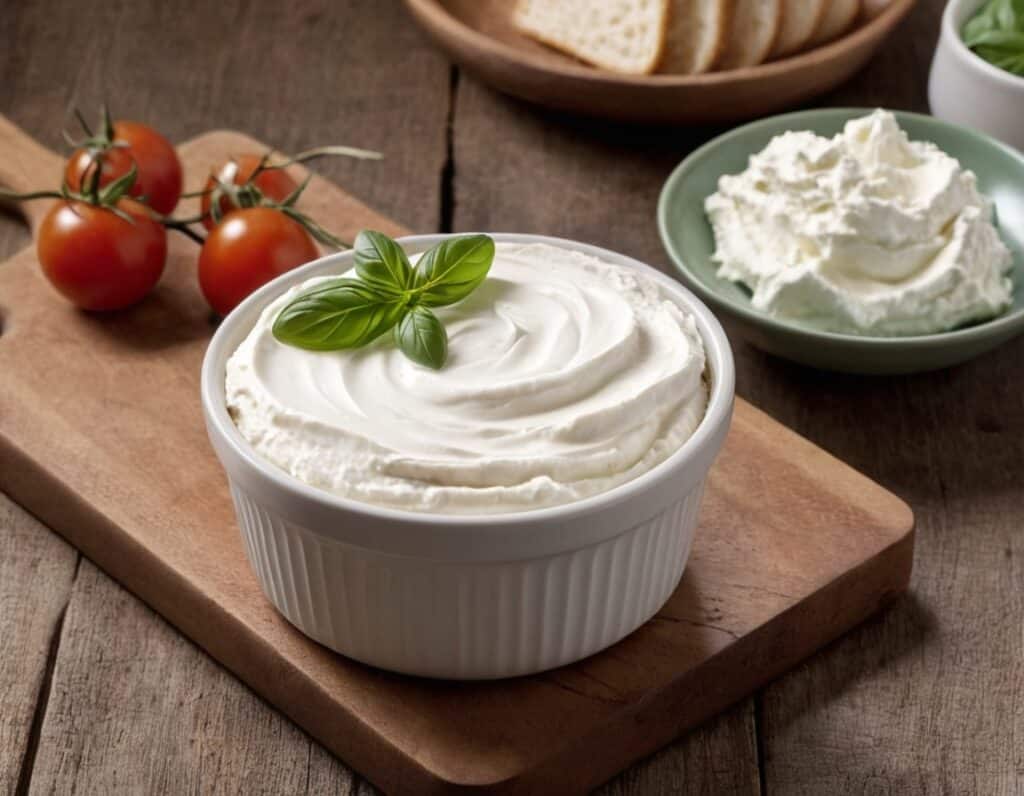
Enjoy!
Want to learn more?
For those interested in some of the science of what we have going on today:
- Pistachios vs Cashews – Which is Healthier? ← Pistachios actually won here, but cashews are also great and are better (from a culinary perspective) for making cream cheese
- Why You Should Diversify Your Nuts!
- Our Top 5 Spices: How Much Is Enough For Benefits?
Take care!
Don’t Forget…
Did you arrive here from our newsletter? Don’t forget to return to the email to continue learning!
Recommended
Learn to Age Gracefully
Join the 98k+ American women taking control of their health & aging with our 100% free (and fun!) daily emails:
-
Muir Glen Organic vs First Field Original – Which is Healthier?
10almonds is reader-supported. We may, at no cost to you, receive a portion of sales if you purchase a product through a link in this article.
Our Verdict
When comparing Muir Glen Organic Ketchup to First Field Original Ketchup, we picked the First Field.
Why?
This one was a little unfair to you, as you can’t turn them around to read the ingredients here. But the point we want to share the most today is: you have to turn them around and read the ingredients! You absolutely cannot rely on appearances!
While the Muir Glen Organic may have a very “greenwashed” aesthetic going on and the word “organic” is more eye-catching than any other word on the label, it contains 4x as much sugar and 4x as much sodium.
Side-by-side, they have, per tablespoon:
First Field Original: 1g sugar, 60mg sodium
Muir Glen Organic: 4g sugar, 240mg sodiumBut what about the importance of being organic?
Well, we have one more surprise for you: the First Field ketchup is organic too, non-GMO, and contains no added concentrates either.
This isn’t an ad for First Field (by all means enjoy their products or don’t; we’re not invested), but it is a heartfelt plea to always check the backs of products and read the labels, because fronts of products can’t be relied upon at all.
I’m sure we all get caught out sometimes, but the less often, the better!
PS: we write this, of course, before seeing the results of your voting. Maybe it won’t be a “Muir Glen Organic” sweep in the polls. But either way, it’s a call to vigilance, and a “very good, carry on” to everyone who does this already
Share This Post
-
7 Minutes, 30 Days, Honest Review: How Does The 7-Minute Workout Stack Up?
10almonds is reader-supported. We may, at no cost to you, receive a portion of sales if you purchase a product through a link in this article.
For those who don’t like exercising, “the 7-minute workout” (developed by exercise scientists Chris Jordan and Bret Klika) has a lot of allure. After all, it’s just 7 minutes and then you’re done! But how well does it stand up, outside of the lab?
Down-to-Earth
Business Insider’s Kelly Reilly is not a health guru, and here he reviews the workout for us, so that we can get a real view of what it’s really like in the real world. What does he want us to know?
- It’s basically an optimized kind of circuit training, and can be done with no equipment aside from a floor, a wall, and a chair
- It’s one exercise for 30 seconds, then 10 seconds rest, then onto the next exercise
- He found it a lot easier to find the motivation to do this, than go to the gym. After all “it’s just 7 minutes” is less offputting than getting in the car, driving someplace, using public facilities, driving back, etc. Instead, it’s just him in the comfort of his home
- The exercise did make him sweat and felt like a “real” workout in that regard
- He didn’t like missing out on training his biceps, though, since there are no pulling movements
- He lost a little weight over the course of the month, though that wasn’t his main goal (and indeed, he was not eating healthily)
- He did feel better each day after working out, and at the end of the month, he enjoyed feeling self-confident in a tux that now fitted him better than it did before
For more details, his own words, and down-to-earth visuals of what this looked like for him, enjoy:
Click Here If The Embedded Video Doesn’t Load Automatically!
Further reading
Want to know more? Check out…
- How To Do HIIT (Without Wrecking Your Body)
- HIIT, But Make It HIRT ← this is about high-intensity resistance training!
Take care!
Share This Post
-
Black Pepper’s Impressive Anti-Cancer Arsenal
10almonds is reader-supported. We may, at no cost to you, receive a portion of sales if you purchase a product through a link in this article.
Black Pepper’s Impressive Anti-Cancer Arsenal (And More)
Piperine, a compound found in Piper nigrum (black pepper, to its friends), has many health benefits. It’s included as a minor ingredient in some other supplements, because it boosts bioavailability. In its form as a kitchen spice, it’s definitely a superfood.
What does it do?
First, three things that generally go together:
These things often go together for the simple reason that oxidative stress, inflammation, and cancer often go together. In each case, it’s a matter of cellular wear-and-tear, and what can mitigate that.
For what it’s worth, there’s generally a fourth pillar: anti-aging. This is again for the same reason. That said, black pepper hasn’t (so far as we could find) been studied specifically for its anti-aging properties, so we can’t cite that here as an evidence-based claim.
Nevertheless, it’s a reasonable inference that something that fights oxidation, inflammation, and cancer, will often also slow aging.
Special note on the anti-cancer properties
We noticed two very interesting things while researching piperine’s anti-cancer properties. It’s not just that it reduces cancer risk and slows tumor growth in extant cancers (as we might expect from the above-discussed properties). Let’s spotlight some studies:
It is selectively cytotoxic (that’s a good thing)
Piperine was found to be selectively cytotoxic to cancerous cells, while not being cytotoxic to non-cancerous cells. To this end, it’s a very promising cancer-sniper:
Piperine as a Potential Anti-cancer Agent: A Review on Preclinical Studies
It can reverse multi-drug resistance in cancer cells
P-glycoprotein, found in our body, is a drug-transporter that is known for “washing out” chemotherapeutic drugs from cancer cells. To date, no drug has been approved to inhibit P-glycoprotein, but piperine has been found to do the job:
Targeting P-glycoprotein: Investigation of piperine analogs for overcoming drug resistance in cancer
What’s this about piperine analogs, though? Basically the researchers found a way to “tweak” piperine to make it even more effective. They called this tweaked version “Pip1”, because calling it by its chemical name,
((2E,4E)-5-(benzo[d][1,3]dioxol-5-yl)-1-(6,7-dimethoxy-3,4-dihydroisoquinolin-2(1 H)-yl)penta-2,4-dien-1-one)
…got a bit unwieldy.
The upshot is: Pip1 is better, but piperine itself is also good.
Other benefits
Piperine does have other benefits too, but the above is what we were most excited to talk about today. Its other benefits include:
- Neuroprotective effects (against Alzheimer’s, Parkinson’s, and more)
- Blood-sugar balancing / antidiabetic effect
- Good for gut microbiome diversity
- Heart health benefits, including cholesterol-balancing
- Boosts bioavailability of other nutrients/drugs
Enjoy!
Share This Post
Related Posts
-
How To Keep Your Mind From Wandering
10almonds is reader-supported. We may, at no cost to you, receive a portion of sales if you purchase a product through a link in this article.
Whether your mind keeps wandering more as you get older, or you’re a young student whose super-active brain is more suited to TikTok than your assigned reading, sustained singular focus can be a challenge for everyone—and yet (alas!) it remains a required skill for so much in life.
Today’s edition of 10Almonds presents a nifty trick to get yourself through those tasks! We’ll also be taking some time to reply to your questions and comments, in our weekly interactive Q&A.
First of all though, we’ve a promise to make good on, so…
How To Stay On The Ball (Or The Tomato?) The Easy Way
For most of us, we face three main problems when it comes to tackling our to-dos:
- Where to start?
- The task seems intimidating in its size
- We get distracted and/or run out of energy
If you’re really not sure where to start, we recommended a powerful tool in last Friday’s newsletter!
For the rest, we love the Pomodoro Technique:
- Set a timer for 25 minutes, and begin your task.
- Keep going until the timer is done! No other tasks, just focus.
- Take a 5-minute break.
- Repeat
This approach has three clear benefits:
- No matter the size of the task, you are only committing to 25 minutes—everything is much less overwhelming when there’s an end in sight!
- Being only 25 minutes means we are much more likely to stay on track; it’s easier to defer other activities if we know that there will be a 5-minute break for that soon.
- Even without other tasks to distract us, it can be difficult to sustain attention for long periods; making it only 25 minutes at a time allows us to approach it with a (relatively!) fresh mind.
Have you heard that a human brain can sustain attention for only about 40 minutes before focus starts to decline rapidly?
While that’s been a popular rationale for school classroom lesson durations (and perhaps coincidentally ties in with Zoom’s 40-minute limit for free meetings), the truth is that focus starts dropping immediately, to the point that one-minute attention tests are considered sufficient to measure the ability to focus.
So a 25-minute Pomodoro is a more than fair compromise!
Why’s it called the “Pomodoro” technique?
And why is the 25-minute timed work period called a Pomodoro?
It’s because back in the 80s, university student Francesco Cirillo was struggling to focus and made a deal with himself to focus just for a short burst at a time—and he used a (now “retro” style) kitchen timer in the shape of a tomato, or “pomodoro”, in Italian.
If you don’t have a penchant for kitsch kitchenware, you can use this free, simple Online Pomodoro Timer!
(no registration/login/download necessary; it’s all right there on the web page)
Don’t Forget…
Did you arrive here from our newsletter? Don’t forget to return to the email to continue learning!
Learn to Age Gracefully
Join the 98k+ American women taking control of their health & aging with our 100% free (and fun!) daily emails:
-
Body Language (In The Real World)
10almonds is reader-supported. We may, at no cost to you, receive a portion of sales if you purchase a product through a link in this article.
Forget What You Think You Know About Body Language
…unless it’s about a specific person whose habits and mannerisms you know intimately, in which case, you probably have enough personal data stored up to actually recognize patterns à la “when my spouse does this, then…”, and probably do know what’s going on.
For everyone else… our body language can be as unique as our idiolect
What’s an idiolect? It’s any one given person’s way of speaking/writing, in their natural state (i.e. without having to adjust their style for some reason, for example in a public-facing role at work, where style often becomes much narrower and more consciously-chosen).
Extreme example first
To give an extreme example of how non-verbal communication can be very different than a person thinks, there’s an anecdote floating around the web of someone whose non-verbal autistic kid would, when he liked someone who was visiting the house, hide their shoes when they were about to leave, to cause them to stay longer. Then one day some relative visited and when she suggested that she “should be going sometime soon”, he hurried to bring her her shoes. She left, happy that the kid liked her (he did not).
The above misunderstanding happened because the visitor had the previous life experience of “a person who brings me things is being helpful, and if they do it of their own free will, it’s because they like me”.
In other words…
Generalizations are often sound… In general
…which does not help us when dealing with individuals, which as it turns out, everyone is.
Clenched fists = tense and angry… Except when it’s just what’s comfortable for someone, or they have circulation issues, or this, or that, or the other.
Pacing = agitated… Except when it’s just someone who finds the body in motion more comfortable
Relaxed arms and hands = at ease and unthreatening… Unless it’s a practitioner of various martial arts for whom that is their default ready-for-action state.
Folded arms = closed-off, cold, distant… Or it was just somewhere to put one’s hands.
Lack of eye contact = deceitful, hiding something… Unless it’s actually for any one of a wide number of reasons, which brings us to our next section:
A liar’s “tells”
Again, if you know someone intimately and know what signs are associated with deceit in them, then great, that’s a thing you know. But for people in general…
A lot of what is repeated about “how to know if someone is lying” has seeped into public consciousness from “what police use to justify their belief that someone is lying”.
This is why many of the traditional “this person is lying” signs are based around behaviors that show up when in fact “this person is afraid, under pressure, and talking to an authority figure who has the power to ruin their life”:
Research on Non-verbal Signs of Lies and Deceit: A Blind Alley
But what about eye-accessing cues? They have science to them, right?
For any unfamiliar: this is about the theory that when we are accessing different parts of our mind (such as memory or creativity, thus truthfulness or lying), our eyes move one way or another according to what faculty we’re accessing.
Does it work? No
But, if you carefully calibrate it for a specific person, such as by asking them questions along the lines of “describe your front door” or “describe your ideal holiday”, to see which ways they look for recall or creativity… Then also no:
The Eyes Don’t Have It: Lie Detection and Neuro-Linguistic Programming
How can we know what non-verbal communication means, then?
With strangers? We can’t, simply. It’s on us to be open-minded, with a healthy balance of optimism and wariness.
With people we know? We can build up a picture over time, learn the person’s patterns. Best of all, we can ask them. In the moment, and in general.
For more on optimizing interpersonal communication, check out:
Save Time With Better Communication
…and the flipside of that:
The Problem With Active Listening (And How To Do It Better)
Take care!
Don’t Forget…
Did you arrive here from our newsletter? Don’t forget to return to the email to continue learning!
Learn to Age Gracefully
Join the 98k+ American women taking control of their health & aging with our 100% free (and fun!) daily emails:
-
Think Again – by Adam Grant
10almonds is reader-supported. We may, at no cost to you, receive a portion of sales if you purchase a product through a link in this article.
Warning: this book may cause some feelings of self-doubt! Ride them out and see where they go, though.
It was Socrates who famously (allegedly) said “ἓν οἶδα ὅτι οὐδὲν οἶδα”—”I know that I know nothing”.
Adam Grant wants us to take this philosophy and apply it usefully to modern life. How?
The main premise is that rethinking our plans, answers and decisions is a good thing… Not a weakness. In contrast, he says, a fixed mindset closes us to opportunities—and better alternatives.
He wants us to be sure that we don’t fall into the trap of the Dunning-Kruger Effect (overestimating our abilities because of being unaware of how little we know), but he also wants us to rethink whole strategies, too. For example:
Grant’s approach to interpersonal conflict is very remniscent of another book we might review sometime, “Aikido in Everyday Life“. The idea here is to not give in to our knee-jerk responses to simply retaliate in kind, but rather to sidestep, pivot, redirect. This is, admittedly, the kind of “rethinking” that one usually has to rethink in advance—it’s too late in the moment! Hence the value of a book.
Nor is the book unduly subjective. “Wishy-washiness” has a bad rep, but Grant gives us plenty in the way of data and examples of how we can, for example, avoid losses by not doubling down on a mistake.
What, then, of strongly-held core principles? Rethinking doesn’t mean we must change our mind—it simply means being open to the possibility in contexts where such makes sense.
Grant borrows, in effect, from:
❝Do the best you can until you know better. Then when you know better… do better!❞
So, not so much undercutting the principles we hold dear, and instead rather making sure they stand on firm foundations.
All in all, a thought-provokingly inspiring read!
Don’t Forget…
Did you arrive here from our newsletter? Don’t forget to return to the email to continue learning!
Learn to Age Gracefully
Join the 98k+ American women taking control of their health & aging with our 100% free (and fun!) daily emails:

